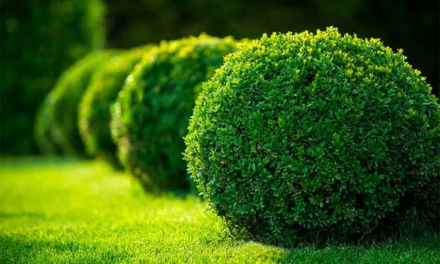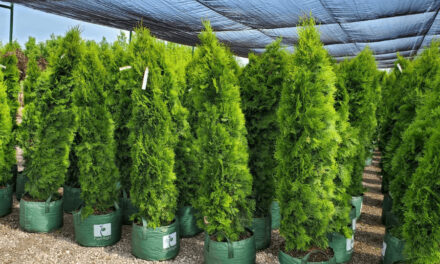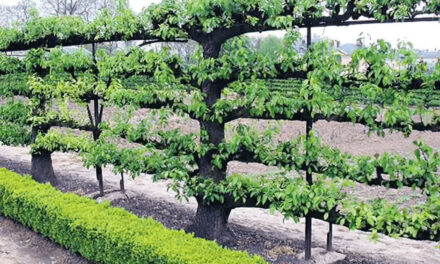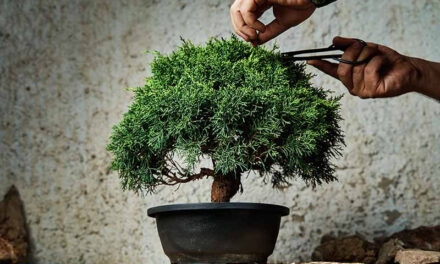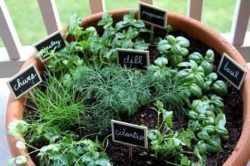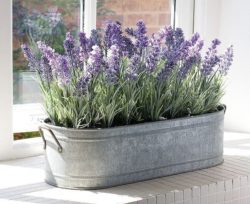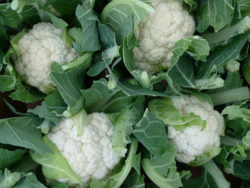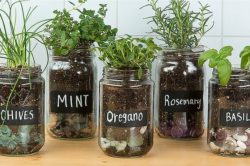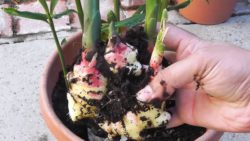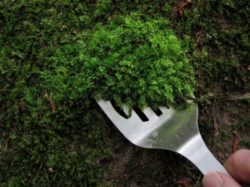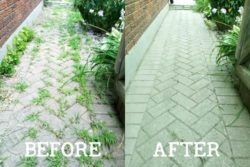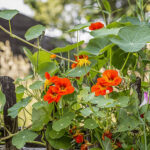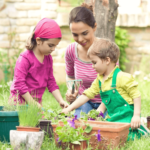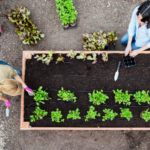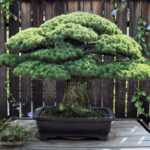Learn how to grow bamboo from seeds with this easy to follow DIY gardening guide and you'll have your own bamboo in no time! Bamboo is a versatile plant that can be used for everything from construction material to toothpicks. It's also a beautiful addition to any garden. While bamboo is often propagated by rhizome division, it's also possible to grow bamboo from seed.
Bamboo is a popular plant that has many benefits. It is fast-growing, durable, and easy to care for. However, there are also some drawbacks to bamboo that gardeners should be aware of before planting it. In this blog post, we will explore the pros and cons of bamboo so that you can make an informed decision about whether or not it is the right plant for your garden.

How to Grow Bamboo From Seeds
Bamboo is a grass, and as such, growing it from seed is not as straightforward as growing other plants from seed. However, with a little bit of effort, it is possible to successfully grow bamboo from seed. Here are the steps you need to take:
- Obtain seeds from a trusted source. Make sure the seeds you get are fresh; otherwise, they may not germinate.
- scarify the bamboo seeds. Scarification helps break down the hard outer shell of the seed so that water can more easily enter and begin the germination process. There are two main ways to scarify seeds: mechanical and chemical.
To scarify your seeds mechanically, you can sand them with sandpaper or file them with a metal file. If you opt for the chemical method, soak your seeds in sulfuric acid or hydrochloric acid for 24 hours before rinsing them well and planting them.
- Plant the seeds in well-draining soil mix. Bamboo seeds need to be kept moist but not wet; otherwise, they will rot. A well-draining soil mix will help ensure that your seeds do not stay too wet.
- Place your pots in a location where they will receive indirect sunlight and maintain a temperature between 68-86 degrees Fahrenheit . warms temperatures will help speed up the germination process but if it gets too hot, your seeds may dry out and die. Germination can take anywhere from 2 weeks to 6 months so be patient!
- Once your seedlings have emerged , thin them out so that only the strongest plants remain . You can transplant the extras into their own pots or share them with friends who also want to try their hand at growing bamboo from seed .
The Pros of Bamboo
Bamboo has many positive attributes that make it a popular choice for gardens. First, bamboo is an incredibly fast-growing plant. It can grow up to 24 inches in a single day! This makes bamboo perfect for creating privacy screens or windbreaks in a hurry.
Bamboo is also very versatile. It can be used for everything from construction material to biofuel. Additionally, bamboo is very drought-tolerant and can even help improve soil quality by preventing erosion.
Finally, bamboo is relatively low-maintenance compared to other plants. Once it is established, it requires very little water or fertilizer. Bamboo is also not susceptible to many common pests or diseases.
The Cons of Bamboo
Despite its many benefits, there are also some drawbacks to consider before planting bamboo in your garden. First, while bamboo is fast-growing, it can also be difficult to control. Once bamboo starts growing, it can be very difficult to stop it from spreading. This can be a problem if you want to keep it contained to a specific area of your garden.
Bamboo is also quite strong and resilient, which sounds like a good thing but can actually be a bit of a drawback. Bamboo has been known to break through concrete sidewalks and basement floors! If you live in an area prone to heavy rains or high winds, you may want to think twice about planting bamboo as it could damage your property (or your neighbor’s property).
So should you plant bamboo in your garden? That depends on what you are looking for in a plant and whether or not the cons outweigh the pros for you. If you are looking for a fast-growing plant that require little upkeep and are not concerned about it spreading, then bamboo may be the right choice for you. However, if you live in an area with severe weather conditions or want to keep your plants contained to a specific area, you may want to choose another plant instead. So now that you know how to grow bamboo from seeds and its pros and cons, it's time to roll up your sleeves and get to planting!


